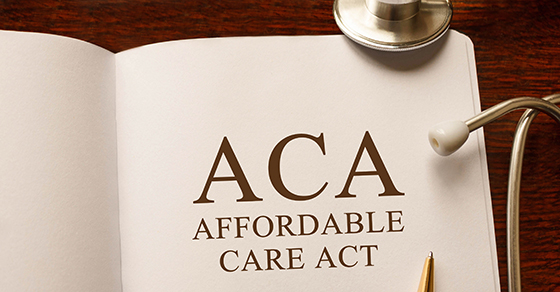Keep real estate separate from your business’s corporate assets to save tax
It’s common for a business to own not only typical business assets, such as equipment, inventory, and furnishings but also the building where the business operates — and possibly another property as well. There can, however, be negative consequences when a company’s real estate is included in its general corporate assets. By holding real estate in a separate entity, owners can save tax and enjoy other benefits, too.
Capturing tax savings
Many businesses operate as C corporations so they can buy and hold real estate just as they do equipment, inventory and other assets. The expenses of owning the property are treated as ordinary expenses on the company’s income statement. However, if the real estate is sold, any profit is subject to double taxation: first at the corporate level and then at the owner’s individual level when a distribution is made. As a result, putting real estate in a C corporation can be a costly mistake.
If the real estate is held instead by the business owner(s) or in a pass-through entity, such as a limited liability company (LLC) or limited partnership, and then leased to the corporation, the profit on a sale of the property is taxed only once — at the individual level.
LLC: The entity of choice
The most straightforward and seemingly least expensive way for an owner to maximize the tax benefits is to buy the real estate outright. However, this could transfer liabilities related to the property (such as for injuries suffered on the property) directly to the owner, putting other assets — including the business — at risk. In essence, it would negate part of the rationale for organizing the business as a corporation in the first place.
So, it’s best to put real estate in a limited liability entity. The LLC is most often the vehicle of choice for this. Limited partnerships can accomplish the same ends if there are multiple owners, but the disadvantage is that you’ll incur more expense by having to set up two entities: the partnership itself and typically a corporation to serve as the general partner.
We can help you create a plan of ownership for real estate that best suits your situation.






